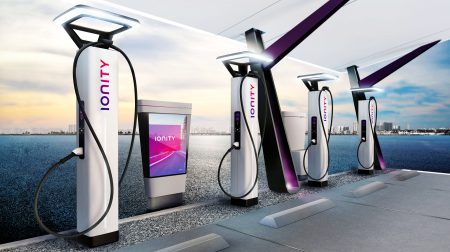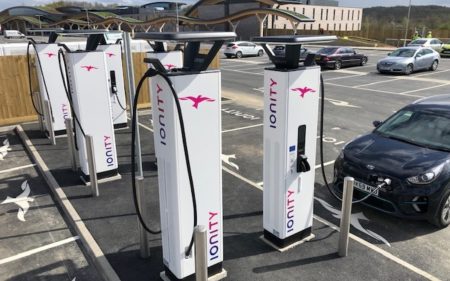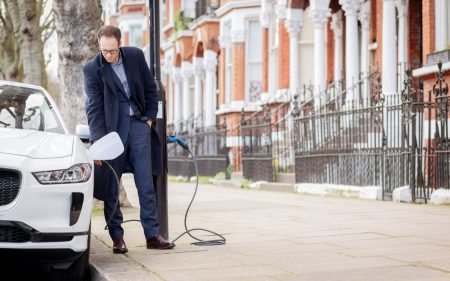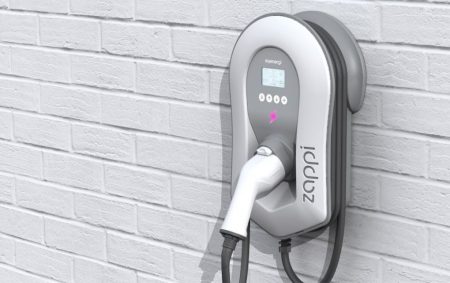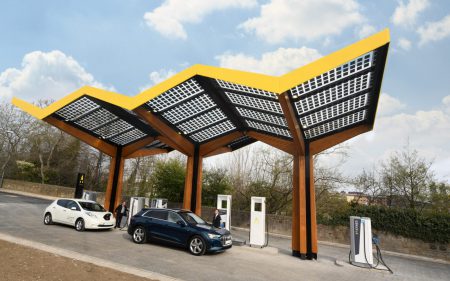The roll out to Lidl stores in the UK of rapid chargers for electric vehicles has reached 100 with the installation of a 50kW charger at the Hayes Uxbridge Road store in Hillingdon, west London.
Under a deal agreed in 2019, charging infrastructure provider Pod Point extended its partnership with Lidl GB to install 350 rapid chargers by 2022.
Lidl’s EV rapid charger rollout represents a total investment in EV charging infrastructure of more than £25m and forms part of the store group’s commitment to address range anxiety and accelerate the transition to electric vehicles.
Lidl’s EV customers can now charge their EVs with up to 80% charging capacity in 50 minutes, and the retailer claims to be the cheapest national supermarket chain for PAYG rapid charging, at 23p/kWh.

Commenting on the milestone, Erik Fairbairn, Pod Point founder and CEO, said: “When most people think of Lidl, they probably think of food and drink. However, Lidl has also made an enormous contribution to rapid charging infrastructure in Great Britain. Currently 2.5 out of every 100 rapid chargers in the UK can be found at Lidl stores, and there are many more in the pipeline.”
Alan Barry, chief development officer for Lidl GB, commented: “We are committed to empowering our customers to make the right decisions for their lifestyle and are delighted to have reached this important milestone of bringing rapid charging for electric vehicles to 100 of our stores. We look forward to delivering this service to even more local areas in the near future as we continue with our investment.”
Lidl is also home to the most energetic public charger within the Pod Point network, at Lidl Northolt in West London, which delivered almost 40,000 kWh in 2020.
The 100th charger milestone represents around 13% of the total Lidl footprint with rapid charging facilities, a figure that will grow to more than a third once the rollout is complete.
Read more: FORECOURTtrader
It’s Time to Go Green!
If you would like to know more about Solar Panels and the PowerBanx range of home battery systems, and get a free instant quote, please complete our online form:



